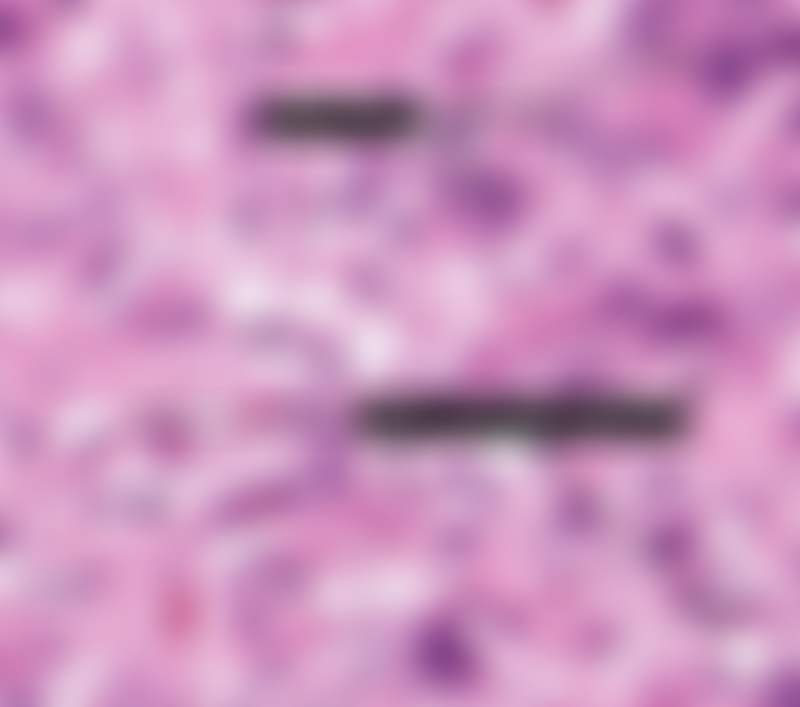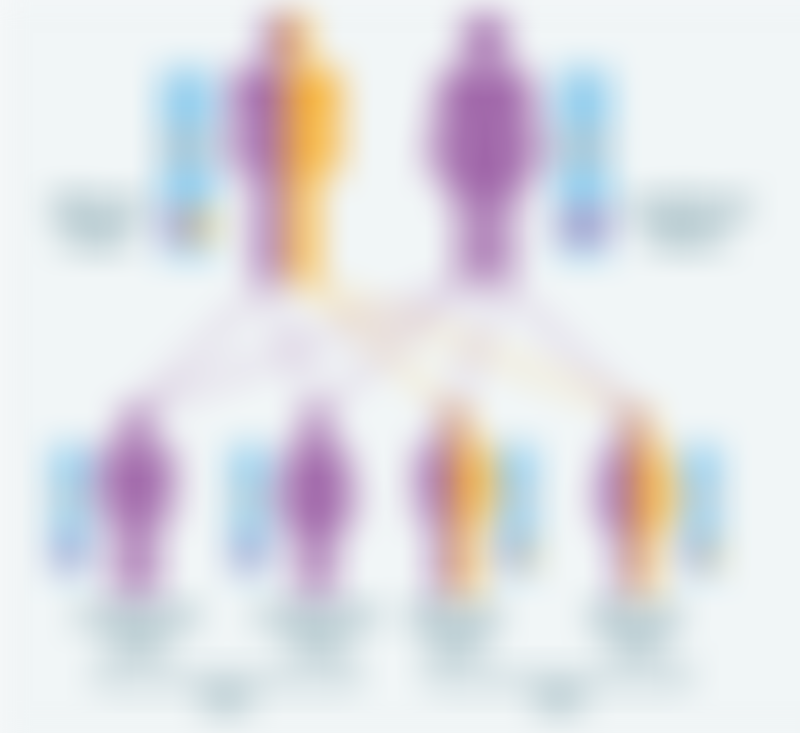Hereditary Diffuse Gastric Cancer: Causes and Symptoms

Source: Shutterstock
What is Hereditary Diffuse Gastric Cancer?
Hereditary diffuse gastric cancer (HDGC) is a rare genetic condition that is associated with an increased risk of developing stomach (or gastric) cancer.
In particular, this inherited syndrome predisposes you to an aggressive form of gastric cancer called diffuse-type gastric adenocarcinoma. Also referred to as signet ring cell gastric cancer or gastric linitis plastica, the invasive nature of this disease means there is a high likelihood of the cancer spreading to other tissues and regions of the body.
In diffuse-type gastric adenocarcinoma, signet-ring shaped cells form in the stomach mucosa. These cancerous cells can grow rapidly and often infiltrate other layers of the stomach wall beyond the mucosa. As a result, this type of gastric cancer has the tendency to affect a more extensive area of the stomach rather than being localized to one part of the organ.

Diffuse-type gastric carcinoma with signet ring cells. Source: Mirmansouri et al. (2018)
Diffuse-type adenocarcinoma also does not cause the formation of solid and bulky tumors. Instead, because the signet-ring cells usually invade the entire stomach wall, this type of gastric cancer is characterized by a thickening and rigidity of the stomach wall.
What causes HDGC?
HDGC is a genetic disorder usually associated with a gene called CDH1. In normal circumstances, the CDH1 gene provides instructions to produce a protein called epithelial cadherin (E-cadherin). E-cadherin is nestled within the membrane surrounding epithelial cells that are lining your body surfaces and cavities. The function of this protein is to help adjacent epithelial cells stick together to form organized tissues. This is known as cell adhesion. Apart from cell adhesion, E-cadherin also acts as a tumor suppressor protein that prevents cells from growing uncontrollably.
Every somatic cell in your body normally has two copies of each gene. This means we each have two copies of the CDH1 gene in our DNA; one we inherit from our mother and another from our father. HDGC is caused by inheriting a mutant copy of the CDH1 gene. So, if one of your biological parents has the CDH1 genetic mutation, they may pass down a copy of their normal CDH1 gene or a copy of the mutated CDH1 gene. Thus, you have a 50% chance of inheriting the mutated copy of the CDH1 gene and having HDGC. For these reasons, HDGC is known as an autosomal dominant disorder. This means only one mutated copy of the CDH1 gene is needed for you to have HDGC.

How an autosomal dominant disorder may be passed down from parents to children. Adapted from: Shutterstock
But don’t worry just yet. Inheriting a mutated copy of the CDH1 gene and having HDGC does not mean you are guaranteed to develop gastric cancer. You still have one copy of the CDH1 gene that functions normally and is able to carry out its tumor-suppressing function. Having HDGC simply means that you have an increased risk of gastric cancer.
For HDGC to progress into full-blown gastric cancer, both CDH1 gene copies need to be mutated. This happens when individuals who have inherited a mutant copy of CDH1 acquire a mutation in the second copy of the CDH1 gene. This second mutation, which occurs spontaneously in the stomach epithelial cells, can be caused by a variety of factors. Environmental risk factors, such as smoking and red meat consumption, are some examples.
As a result of both CDH1 gene copies being mutated, the gastric epithelial cells can no longer produce any functional E-cadherin. The protein’s tumor-suppressing function is lost, allowing the cells’ runaway growth. Furthermore, lacking E-cadherin means that the adhesion between neighboring cells is weakened. This in turn increases the likelihood that cancerous cells will not stick together to form a solid tumor and instead invade the entire stomach wall.
What is my cancer risk with HDGC?
Not everyone that inherits the CDH1 mutation is confirmed to develop gastric cancer. It is estimated that men and women with this genetic mutation have a lifetime risk of 67-70% and 56-83% for diffuse gastric cancer by the age of 80, respectively. On top of that, women who have a mutation in the CDH1 gene have about a 39-52% risk of developing lobular breast cancer by the time they turn 80.
What are the symptoms of HDGC?
The symptoms caused by HDGC are similar to those of gastric cancers in general. These include difficulty swallowing, feeling bloated and unintended weight loss. However, do take note that these symptoms may not materialize until the cancer has developed into diffuse-type gastric cancer and has spread to other parts of the body. If you experience any of these symptoms, seek medical attention immediately to determine its diagnosis.
Learn more: Signs and Symptoms of Stomach Cancer